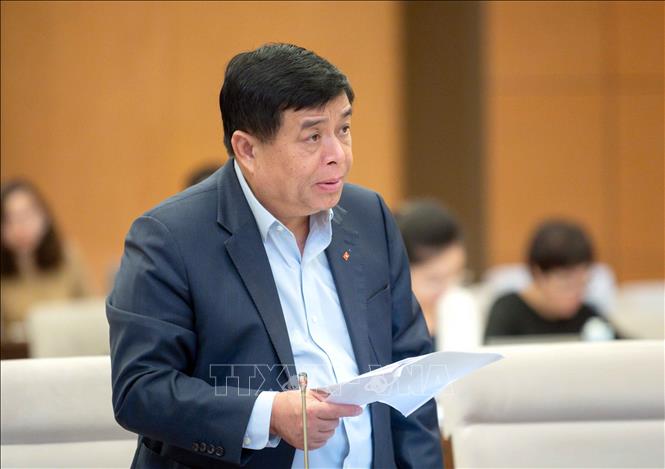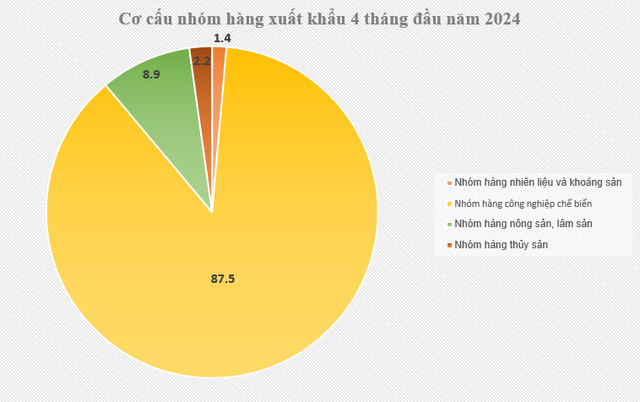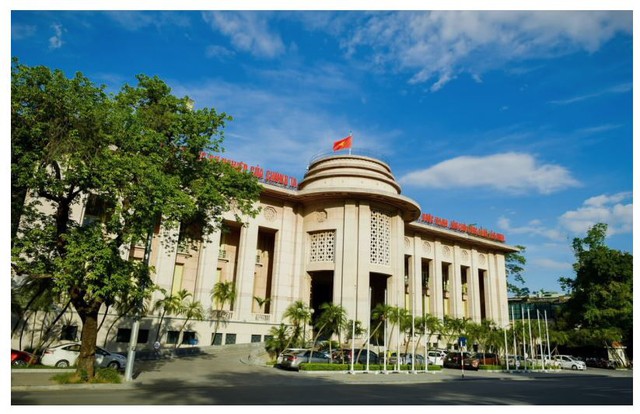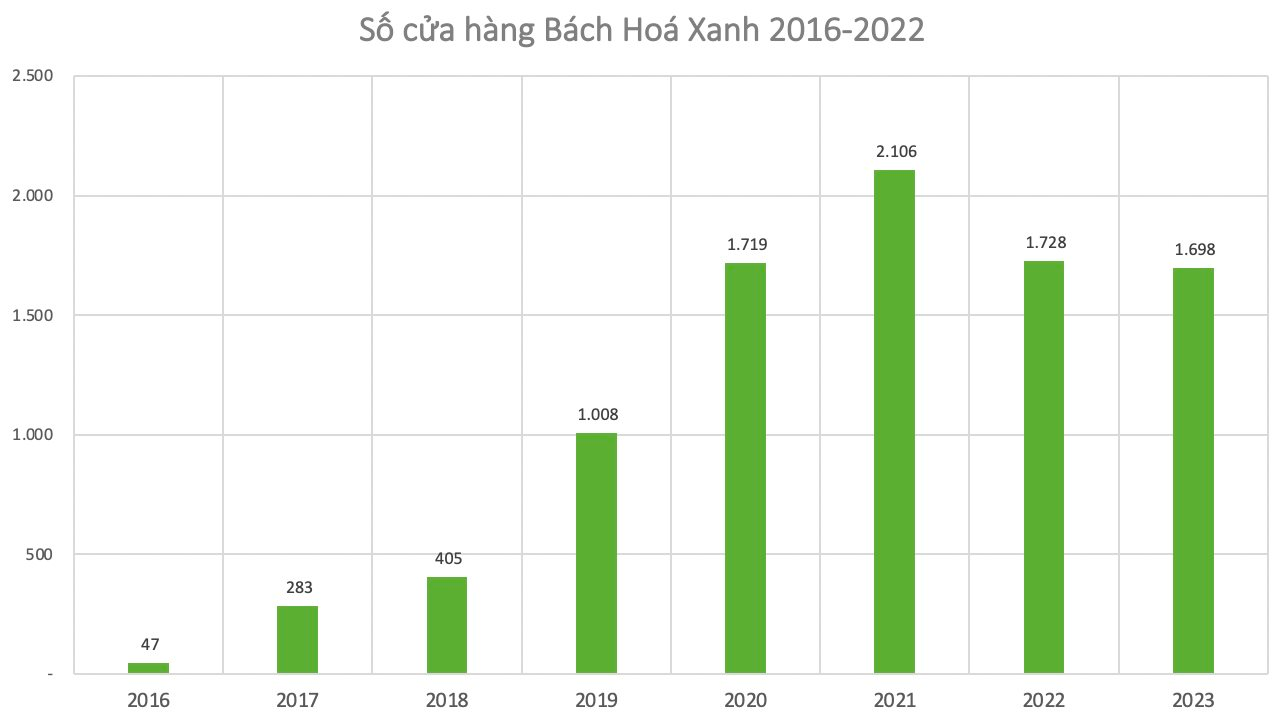To provide further clarification on assessment and planning at the local level, as well as the impacts of planning on the economic development prospects in 2024, Minister Nguyen Chi Dung shared his insights with the Vietnam News Agency.

Minister of Planning and Investment Nguyen Chi Dung. Photo: Doan Tan/TTXVN
The Ministry of Planning and Investment has completed the assessment and planning of many localities and economic regions, and the National Assembly has also approved the national overall plan… Can the Minister elaborate on the main accomplishments and tasks to be carried out in the near future?
Planning is a tool for the State to proactively create and lead development in the market-oriented socialist economy, in order to achieve the development goals set by the Party, the National Assembly, and the Government.
The formulation and implementation of the 2021-2030 period plans is one of the top priority political tasks. It is a valuable opportunity to create new development space and new growth impetus for national, regional, and local development.
The Ministry of Planning and Investment, as the comprehensive planning advisor, has coordinated with ministries and localities to make strong efforts in various areas. These include improving the planning system, accelerating planning progress, enhancing the quality of national planning, upgrading the national geographic information system databases based on Geographic Information System (GIS) technology, and effectively implementing the plans in practice. Furthermore, special attention has been given to investing in the national infrastructure system and attracting investment, including foreign direct investment.
In general, the quality of planning has been improved and positive results have been achieved in practice. This has created new development opportunities, new development space, and new value for the country, regions, and localities in the planning period. However, there are still definite difficulties, particularly considering that this is the first time the Planning Law has been implemented in a comprehensive, integrated, and multi-sectoral approach. The guidance in planning work has not been resolute, while the resources in terms of institutions, knowledge, and human resources have not met the requirements, resulting in some difficulties in the implementation process.
In the coming time, to accelerate the planning progress, the Government will continue to improve the legal framework for planning. Specifically, the evaluation of the implementation of the Planning Law and the drafting of amendments and supplements to the Planning Law will be summarized and submitted to the National Assembly for comments in 2025.
In addition, ministries, sectors, and localities must further focus on guiding and directing the agencies assigned to formulate planning tasks. They should find measures to accelerate the progress while ensuring the quality of planning.
In the process of organizing planning, ministries, sectors, and localities must closely coordinate and regularly exchange and share planning information. This will enable all parties to update, adjust, and supplement the plans to ensure their connection, consistency, and synchronization. Additionally, supervision, inspection, prevention, and timely handling of any violations of planning laws must be carried out.
The Government continues to implement the construction and improvement of the national planning information system and database. This is to ensure the provision of timely and effective planning information and data to citizens, businesses, investors, enhance transparency in planning work, and promote the application of science and technology in state management of planning.
Regarding the national overall plan, there are still challenging tasks ahead. Could you share more about these tasks in the coming time?
The national overall plan was approved by the National Assembly under Resolution No. 81/2023/QH15 on January 9, 2023, during the second extraordinary session. This is a completely new and important task that contributes to the successful implementation of the Economic and Social Development Strategy for the 2021-2030 period, with a vision to 2045, as agreed at the 13th National Party Congress.
Resolution No. 81/2023/QH15 of the National Assembly on the national overall plan for the 2021-2030 period, with a vision to 2050, is an important legal document, marking a major achievement resulting from the efforts, intelligence, and determination of the Government, the involvement of the entire political system, and the effective participation of nearly 30 institutions and research organizations, with more than 100 domestic and international leading scientists and experts, in building the first-ever national overall plan for the country.
In this regard, the Ministry of Planning and Investment has fulfilled the task assigned by the Government to take the lead and coordinate with ministries, sectors, localities, and other relevant agencies and organizations throughout the process of formulating and submitting the national overall plan to the competent authorities for examination and approval.
The national overall plan determines the development model by highlighting the optimization of the nation’s territorial space and the exploitation of the potentials and strengths of each region, sector, and locality. This will create new growth drivers and new value for the rapid and sustainable development of the country. The approval of the plan marks the start of practical work to restructure the country’s development space according to the determined direction in the plan.
I believe that the difficult task of building a good plan has been accomplished. However, implementing the plan is even more challenging. Firstly, the national overall plan is the highest-level plan in the country’s planning system. Therefore, the orientations of the national overall plan must be specified in the national sectoral plans, regional plans, and provincial plans.
As of the end of 2023, 18/39 national sectoral plans and 52/63 provincial plans have been approved. The remaining 5 regional plans (excluding the Mekong Delta region) have been approved by the advisory councils and are being finalized for approval. This is a significant effort as the planning, especially the regional and provincial plans, is carried out according to the integrated approach as stipulated by the Planning Law 2017.
The national overall plan outlines the basic tasks of establishing the national infrastructure framework with the principle of “infrastructure taking a step ahead.” Remarkable results have been achieved in the development of transportation infrastructure in recent times.
In addition, the national overall plan emphasizes the creation of new drivers, new development space, and strengthened connectivity through dynamic regions and priority economic corridors. The connection must be manifested through planning. National sectoral plans, regional plans, and provincial plans must be compatible and connected to these national corridors to create a unified comprehensive strength. The Ministry of Planning and Investment, as the standing agency of the regional and provincial planning advisory councils, has made efforts to ensure this compatibility and connectivity, laying the foundation for practical implementation in the coming time.
To achieve the set objectives, the national overall plan provides comprehensive solutions regarding mechanisms, policies, capital mobilization, human resource development, science and technology, and environmental protection. Each solution requires a change in thinking and approach to meet the requirements of the new development context.
With the encouraging results achieved in the past year after the National Assembly issued Resolution No. 81/2023/QH15, I am confident that we will continue to make steady progress in realizing the goals, vision, and development orientation set forth in the national overall plan.
Entering 2024, the business community and people have high expectations for the recovery and growth of the economy… Could you please share how this planning work will positively impact the 2024 development prospects?
The construction and implementation of the plans for the 2021-2030 period, with a vision to 2050, have received great attention and directions from the Party, the State, and the Government. These plans are seen as a difficult but great opportunity to rearrange and reorganize the country’s development space to achieve the goals and aspirations set forth by the 13th National Party Congress, with the aim of becoming a developed and high-income country by 2045.
Overall, the 2021-2030 plans demonstrate the desires for development, creativity, innovation, emphasis on regional and sectoral connections, sustainable development, green transformation, and digital transformation. In addition, modern technologies such as geographic information system (GIS) and map layering have been applied to allow timely updates and supplementations to the planning information, complemented by current data, to serve the planning work promptly.
The awareness of all levels, sectors, and especially the leaders regarding the importance, position, and role of planning in sectoral, local, and national development has been increasing. The approaches and management thinking of all levels and sectors have gradually changed. The guidance and management of economic and social development at all levels and in all sectors have become more proactive, flexible, and more suitable for the ever-changing domestic and international contexts.
Thank you, Minister, for your valuable insights!





































